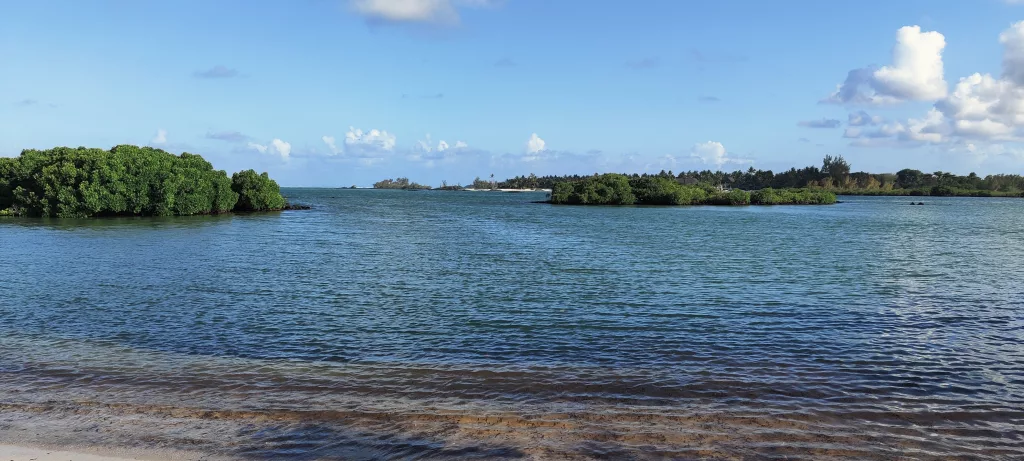The joint management of maritime zones is often seen as a leading vision for how the oceans can be better governed. The African Integrated Maritime Strategy outlined a vision of shared Exclusive Economic Zones for blue economy goals. Others propagate Marine Peace Parks – jointly managed zones which would allow to overcome border disputes and establish synergies between marine protection and maritime security goals. Also the BBNJ negotiations, highlight that joined management might be the future of ocean governance. Are there model cases, that would allow us to see how joint management might work (or fail)?
In 2012 Seychelles and Mauritius signed a bilateral treaty agreeing on a joined up management for their extended continental shelf. It is today known as the Joined Management Area (JMA). Today I had the pleasure to have a conversation with the project manager, Francesca Adrienne, that has helped to get the JMA running.

The establishment of the JMA is supported by a UNDP led project, funded under the Global Environmental Facility (GEF). This capacity building initiative, as Francesca Adrienne told me, has assisted in the establishment of a governance structure, an ongoing marine spatial planning processes, a joint approach to maritime control and surveillance and a shared IT infrastructure for managing ocean data.
The two countries also benefitted from trainings, in law, data processing and governance. The project, which ends in April this year, also provided the framework for three exploration missions in the zone, collecting oceanographic data , and studying biodiversity and the life of mammals.
I also learned how difficult it is to conduct capacity building, which echoes our earlier studies related to maritime security. A key struggle is how to get everyone together to act concertedly and harmonize laws. It also concerns how to retain staff that has been trained, and how to maintain the infrastructures build in the future.
We also discussed more specific problems in shared marine management. This includes how to align the marine spatial planning process in the JMA with those in the Exclusive Economic Zones of the two countries.
It also concerns how to integrate the JMA within broader ocean governance in the region, including the maritime security architecture build through the Indian Ocean Commission’s MASE project. Since this architecture also deals with some of the main risks to biodiversity in the zone — illegal fishing, and shipping accidents, there is quite some synergies.
The JMA outlines how we might move joined ocean management forward. Many lessons will be drawn from it in the future. Whether and how the JMA will contribute to ocean health and maritime security, needs to be seen. It is after all an arrangement that deals with the seabed only, and it is driven by the goal to exploit resources.
While no oil and gas has yet been found in this remote part of the world, nor are deep seabed minerals in abundance, it is worrying that neither Seychelles nor Mauritius have taken a stance towards deep sea mining, or under what conditions they would exploit any other seabed resources.